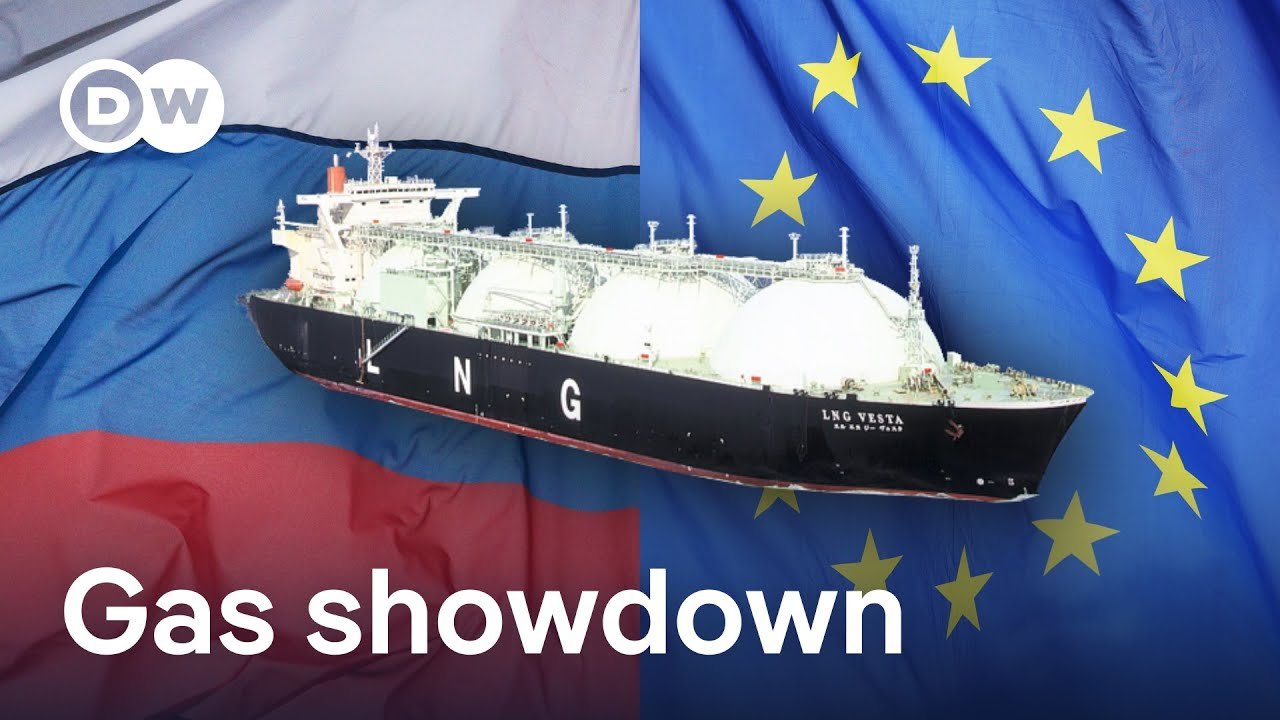- The EU’s 14th set of sanctions against Russia targets the LNG sector for the first time.
- EU member states can still purchase Russian LNG but cannot re-export it to other countries.
- The sanctions aim to disrupt Novatek’s business model by affecting its ability to use EU ports for LNG transshipment to third countries.
- Despite these restrictions, the immediate impact on the Russian economy might be limited, with more significant effects potentially unfolding over the next few years.
- The sanctions package also includes measures to further deny Russia access to key technologies, focusing on preventing dual-use items from reaching the battlefield in Ukraine.
- Germany’s opposition led to a delay in expanding the so-called “no Russia Clause,” narrowing the focus to only military goods.
- The sanctions add several entities and individuals to an EU blacklist, which already includes over 2,000 names.
- Efforts to enforce the sanctions have been challenging, with some technology still reaching Russia through third countries.
- The strategic approach of the West’s sanctions against Russia has been incremental, raising questions about the effectiveness and timing of these measures.
- Future sanctions could focus on tightening restrictions around the energy sector, particularly oil, and improving enforcement mechanisms.
DW News is a global news TV program broadcast by German public state-owned international broadcaster Deutsche Welle (DW).
AllSides Media Bias Rating: Center
https://www.allsides.com/news-source/deutsche-welle-media-bias
Official website: https://www.dw.com
Original video here.
This summary has been generated by AI.

Leave a Reply